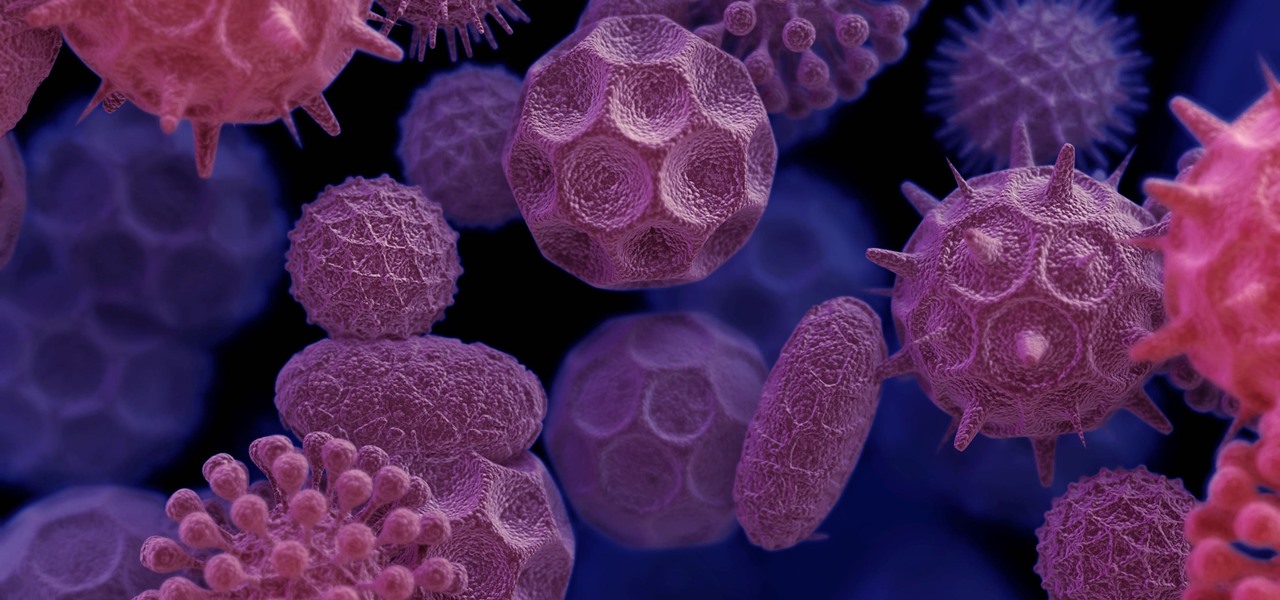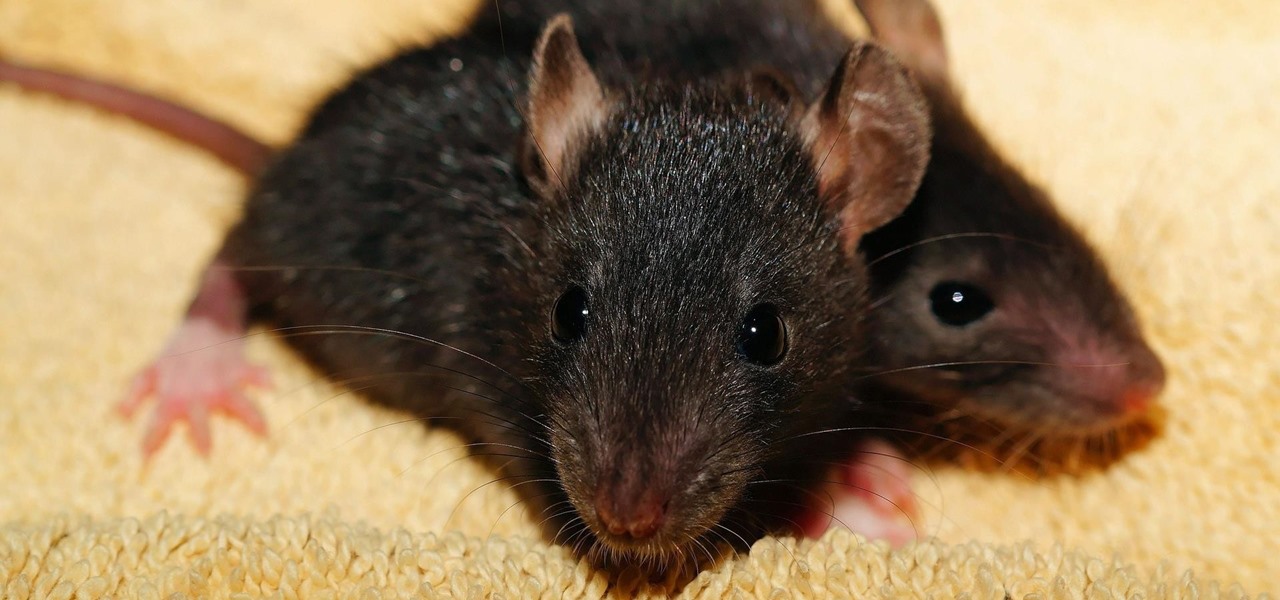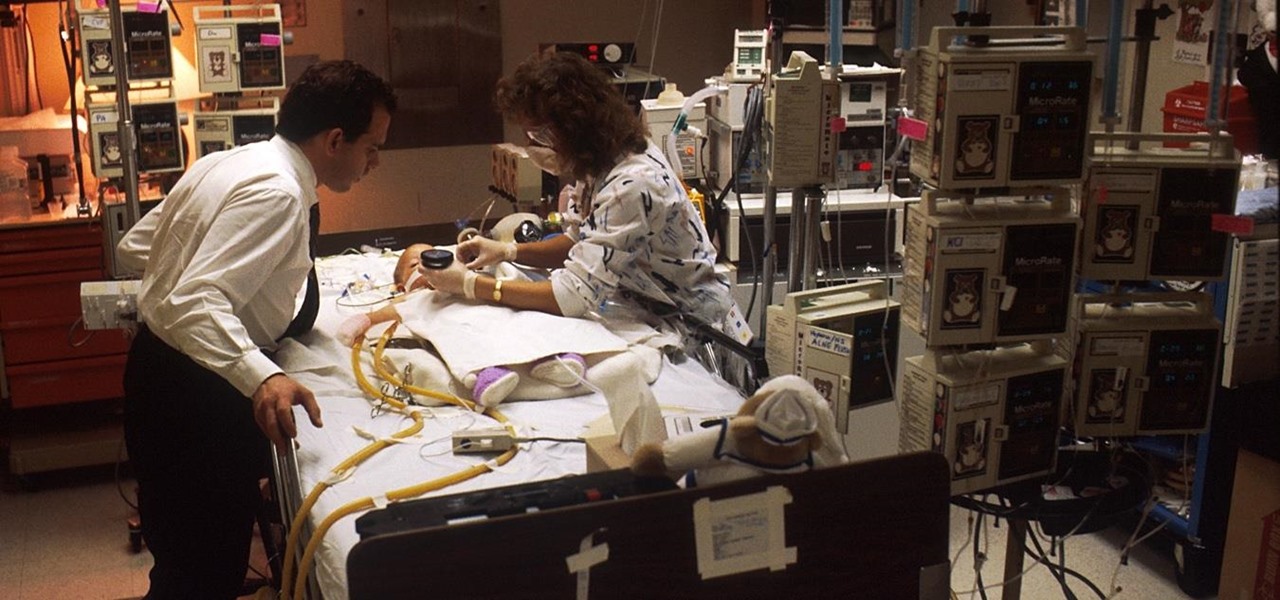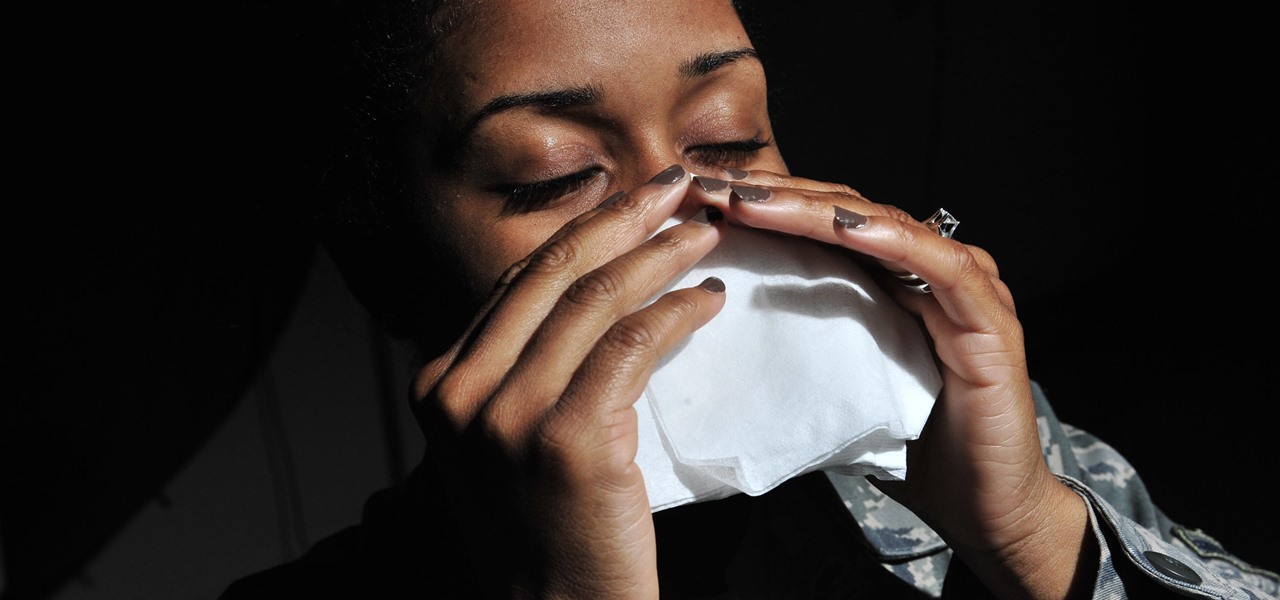Invisiverse Features


News: New Study Unveils the True Story of Kuru, a Fatal Brain Disease Spread by the Cultural Practice of Eating the Dead
Kuru is called the shaking disease, its name derived from the Fore word for "to shake." Caused by an organism that infects the part of the brain that controls coordination, people afflicted with kuru shake uncontrollably.

News You Can Use: Map Shows Where Dogs & Humans Are at High Risk of Lyme Disease This Summer
Lyme is a growing threat as we move into warmer weather in the US. Researchers have said this year could be one of the worst for this tick-borne disease, as a skyrocketing mouse population and warmer temperatures increase the risk.
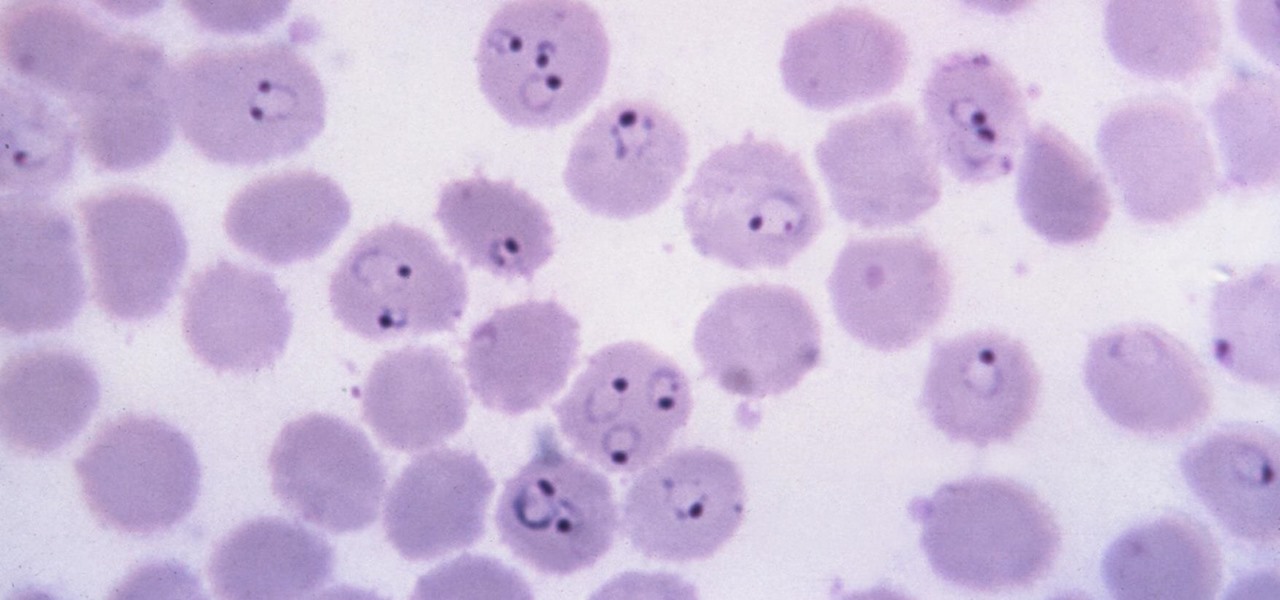
News: New Method Can Stop Malaria Spread — Even After It's in the Body
Malaria is a massive worldwide health problem. The Centers for Disease Control and Prevention estimate that 212 million cases of malaria occurred worldwide in 2015 and 429,000 of the infected people died.

News: Scientists Are Flabbergasted to Discover Asthma Drugs May Stop Viral Pneumonia
By looking for the mechanism that allows influenza A to invade lung cells, scientists also discovered a treatment that might block the virus from taking hold there.

News: The Magic of Komodo Dragon Blood: The Stuff Legends — & Antibiotics — Are Made Of
Despite legends to the contrary, it appears that the saliva of a Komodo dragon is not teeming with pathogenic bacteria that kills their prey. Its reputation to survive while colonized with lots of horrible disease-causing bacteria, true or untrue, has made it the subject of research in pursuit of natural antimicrobial agents and led scientists to some remarkable findings.
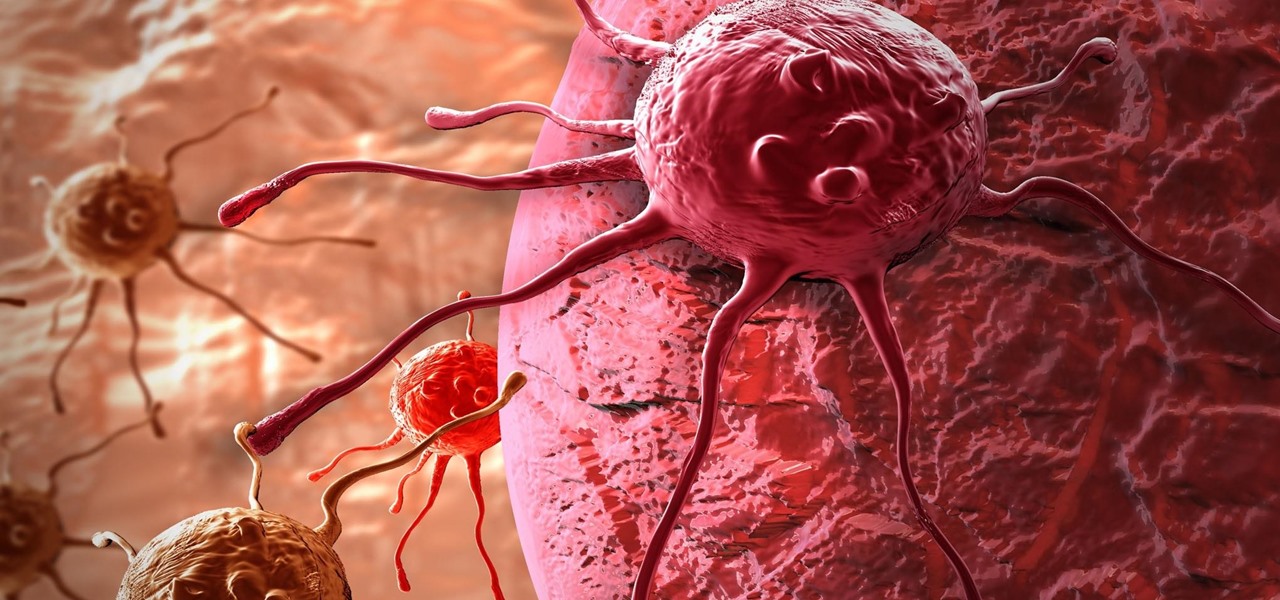
News: Cancer Patients Out of Options Are Hoping for a Cure from This Mysterious Bird Virus
Andre was enjoying the carefree life of a 12-year-old with his friends, riding his bike and playing sports, like all kids that age. Schoolwork wasn't hard for him, and his grades showed that.

How To: Tips & Tactics to Create Your Own Compost Pile
While it is easy to create and maintain your compost pile, you can enjoy it more knowing a few basic tips.

News: Gut May Hold Key to Infectious Brain Diseases
Specialized cells in the lining of the gut may provide a key to preventing an infectious brain disease caused by misfolded proteins.

Lucky Break: Pneumococcal Vaccine Fights Off Ear Infections, Too
More prescriptions for antibiotics are written for ear infections than any other type of infection. A new study comparing the incidence and causes of ear infections in children between the ages of six months and three years found that the incidence of ear infections over the last decade has dropped significantly since the 1980s.
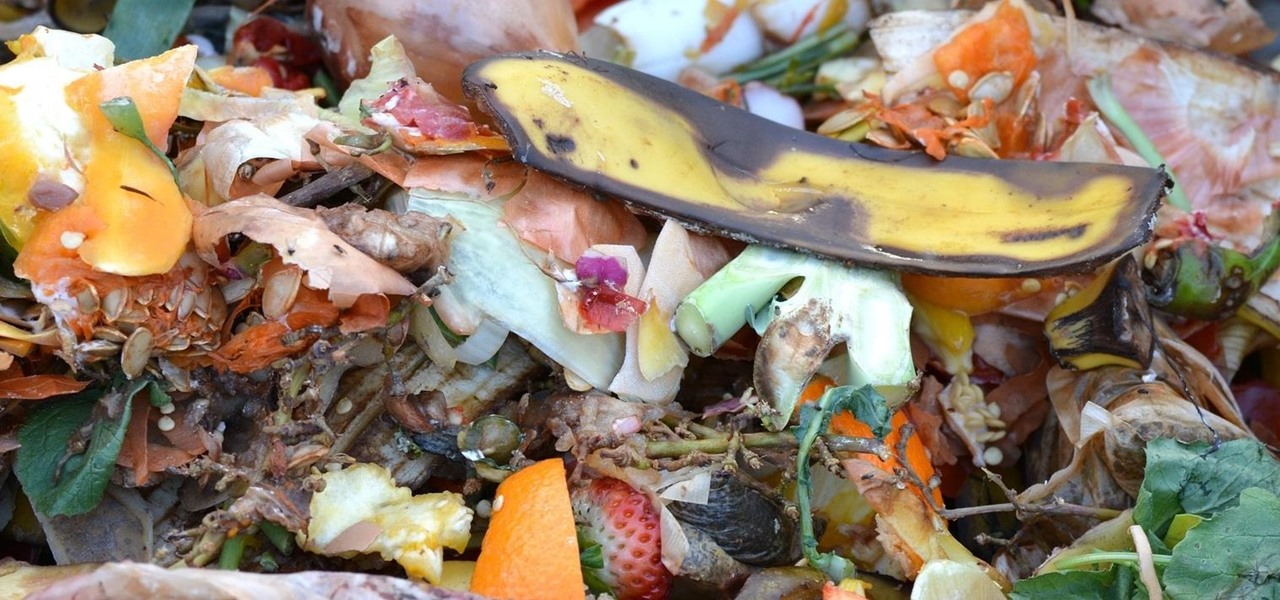
Soil Science: How Microbes Make Compost to Feed the Soil
Are you looking for a little microbe magic? Think composting. Composting is a great way to reuse food and plant waste that you would otherwise throw into the trash, which would just end up in a landfill somewhere. During the composting cycle, microbes reduce this organic waste until it can be fed back into the soil as rich, crumbly compost. When returned to the soil, compost feeds plants and improves the nature of life underground. Sound like a great idea? It is — and it's easy.

News: 4 Billion Year Old 'Fossil' Genes May Be Our Secret Weapon Against Infection
The evolution of our infection-fighting systems may have something to teach modern scientists. That's what a group from the University of Granada in Spain found when they studied a protein that's been around for over four billion years. Their work, by senior author José Sánchez-Ruiz and colleagues in the Department of Physical Chemistry, was published in the journal Cell Reports.

News: Living Bacteria in Clothing Could Detect When You Come in Contact with Pathogens or Dangerous Chemicals
While at work, you notice your gloves changing color, and you know immediately that you've come in contact with dangerous chemicals. Bandages on a patient signal the presence of unseen, drug-resistant microbes. These are ideas that might have once seemed futuristic but are becoming a reality as researchers move forward with technology to use living bacteria in cloth to detect pathogens, pollutants, and particulates that endanger our lives.
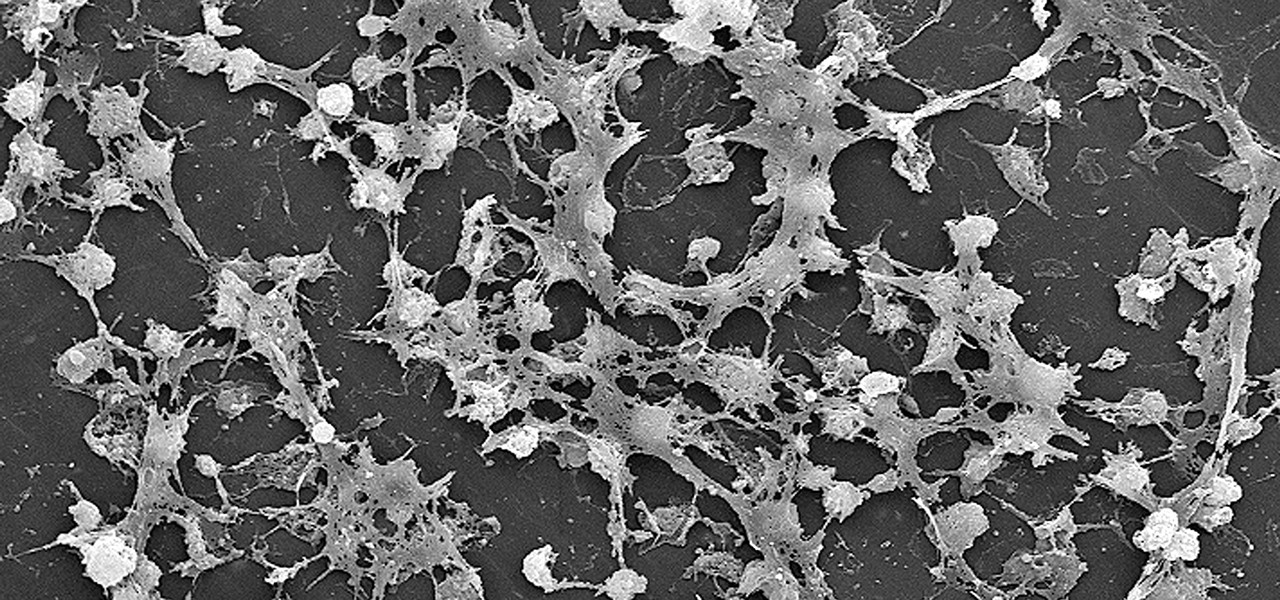
News: Dangerous Bacterial Films Communicate with Electric Pulses, Which Means We Could Zap Them to Interfere
Lighthouses and signal fires may have been the first social media. Without the ability to share language, a distant light meant "humans here." A new study from the University of California, San Diego, finds that bacteria can also send out a universal sign to attract the attention of their own, and other bacterial species.

News: Microbes Lost from Corals Due to Global Warming Cause 90% of Great Barrier Reef to Bleach
The Great Barrier Reef in Australia is the largest living system on the planet. Yet more than 90% of the reef is bleaching because of the loss of a tiny algae that lives within the coral.
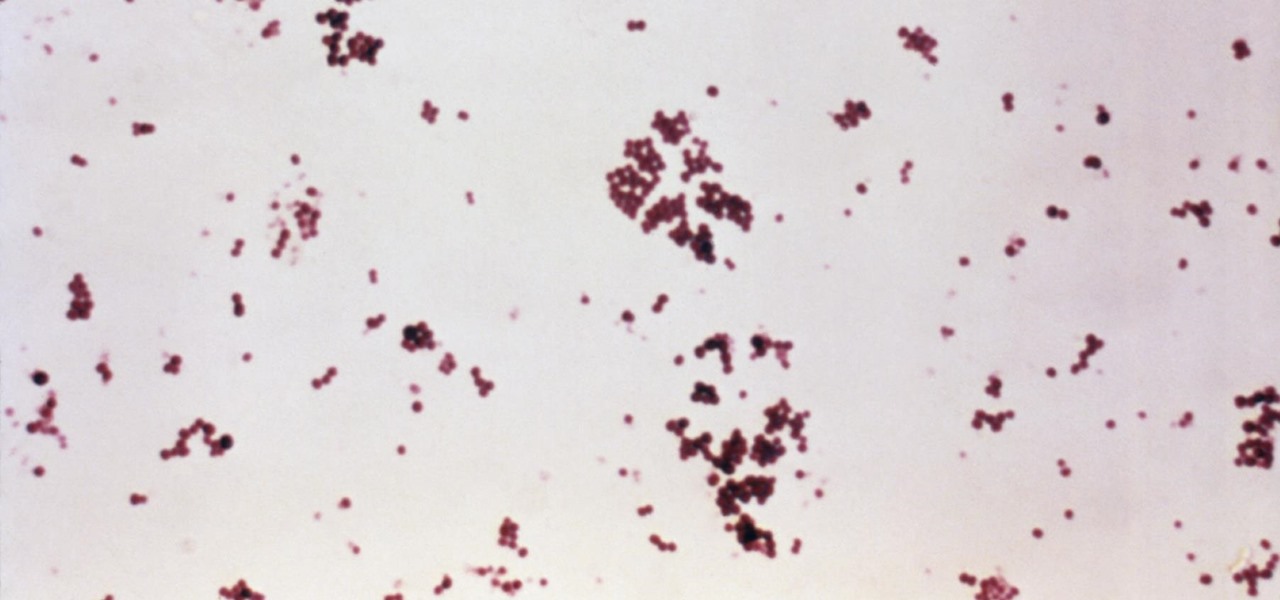
News: Century-Old Finding May Show the Way to Create Vaccines Against Toxic Strep Infections
Infections with group A streptococcus, like Streptococcus pyogenes, claim over a half million lives a year globally, with about 163,000 due to invasive strep infections, like flesh-eating necrotizing fasciitis and streptococcal toxic shock syndrome.
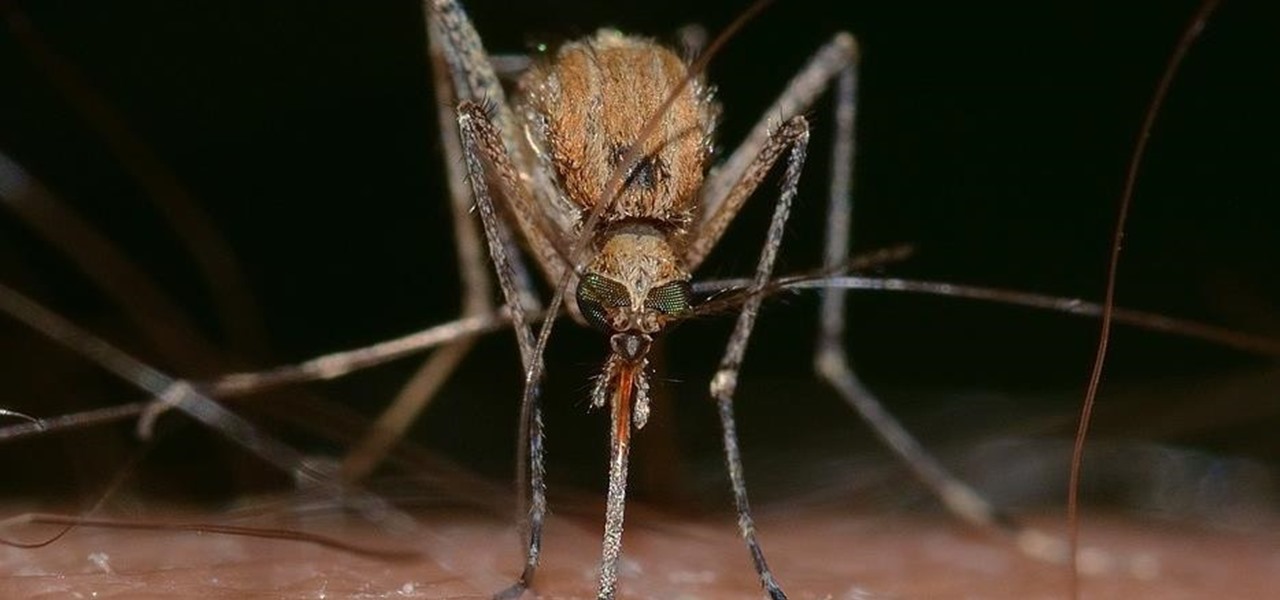
News: Officials Shocked to Find West Nile in Las Vegas Mosquitoes
Las Vegas is known as the city of sin, a place for gambling, fine dining, and decadence. Now, you can add another notable characteristic to that list: West Nile. You may want to hold off on scheduling your trip to the Sin City — or at least stock up on bug spray — because health officials have reported that mosquitoes in Southern Nevada have tested positive for the virus.

News: Deadly or Deliberate? Diarrhea Is Actually Your Immune System in Overdrive
Montezuma's revenge, the runs, the trots, or just diarrhea — everyone gets it sooner or later. What exactly is diarrhea good for, if anything?

News: Your Lungs Aren't the Same After a Battle with Pneumonia
Once we recover from the respiratory infection pneumonia, our lungs are better equipped to deal with the next infection — thanks to some special cells that take up residence there.
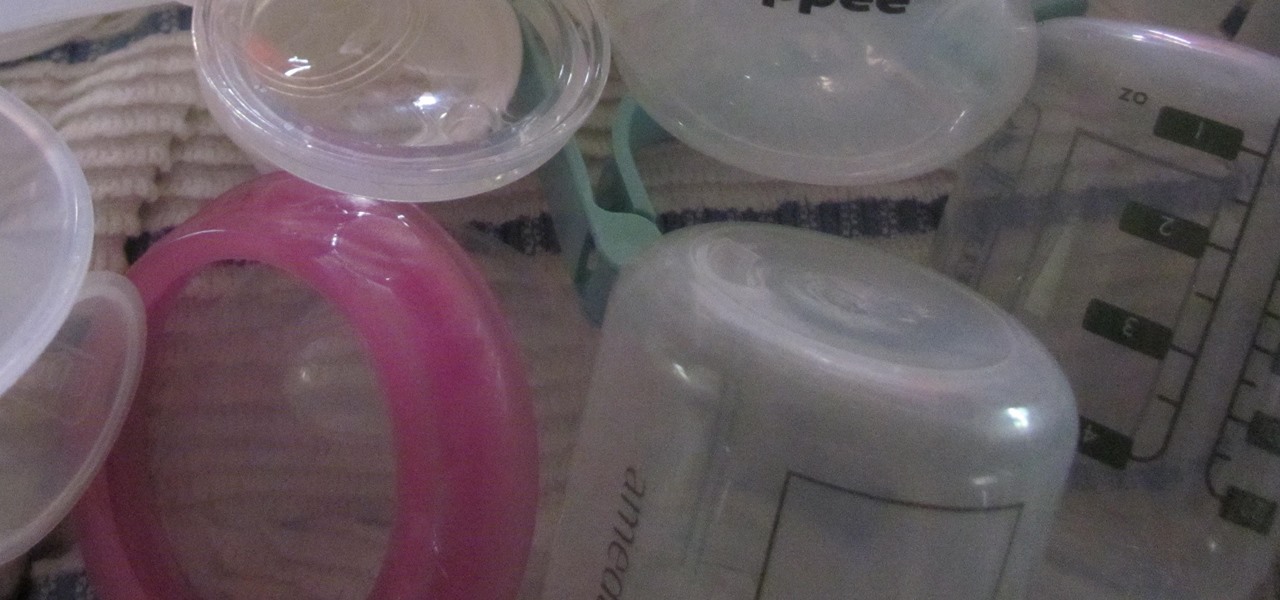
News: Contaminated Breast Milk Devices Lead to Devastating Infant Injury
Foodborne infections often occur through the contamination of equipment, food-prep tools, and unsanitary surfaces. A recent report from the Centers for Disease Control and Prevention (CDC) reminds us that breast pump parts are part of the food-delivery chain — and they can become contaminated too.

What You Need to Know: The Dangerous Impact of Herpes Simplex Virus (HSV) During Childbirth
The herpes simplex virus (HSV) can cause devastating complications for infected newborns whose mothers have genital herpes. Understanding risk and research can help you, and your baby, when the time comes.

News: Most Pools Contain Dangerous Fecal Bacteria — Here's How to Stay Safe
With summer just ahead, you, or your children, may be looking forward to some pool time or the water park. When planning water-based fun this year, keep a heads-up for microbes.

How To: Brew Your Own Ginger Beer Like a Boss
Step aside, ginger ale; ginger beer is here, and it's delicious. Ginger beer is made by fermenting a combination of ginger simple syrup, yeast, and water, which gives it its robust flavor and sparkling quality. It's extremely simple to make, but you do have to wait a bit for the final product. After a few days, though, your ginger beer will be sparkling and ready to drink as is, or in your favorite cocktail.
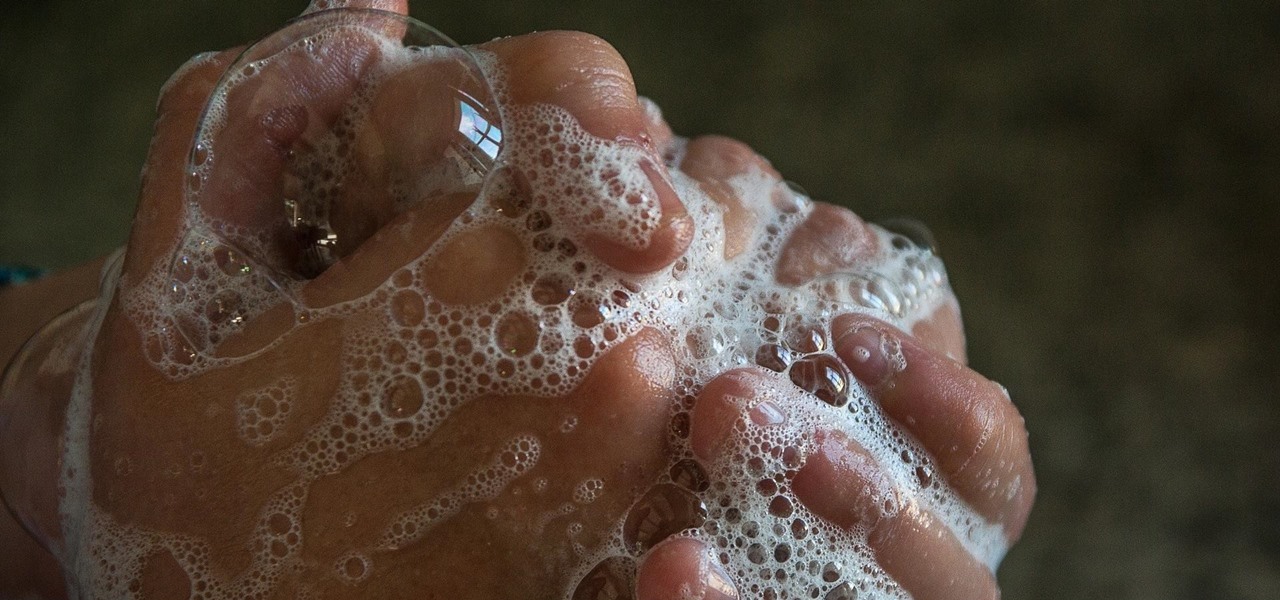
News: Skip the Antibacterial Soap — It Isn't Helping & It Could Cause Problems
The best go-to method for reducing your risk of infection is to wash your hands. Next time you reach for the soap, here is some news you can use.
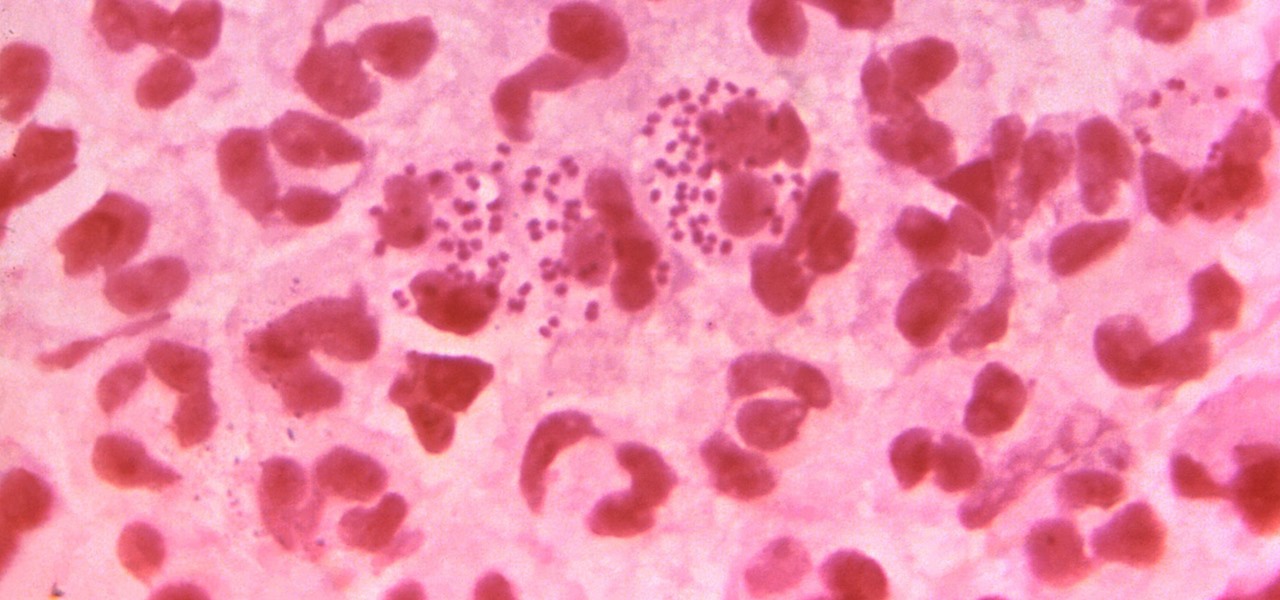
News: Untreatable 'Super Gonorrhea' Spreading Like Wildfire — Luckily, It May Have a New Opponent
In the race to outsmart "untreatable" antibiotic-resistant gonorrhea, one of the three new treatments on the track is about to enter Phase 3 clinical trials. Hopefully, it'll be widely accessible sooner rather than later, for the 78 million people who are diagnosed with gonorrhea each year.

News: Finally! A Way Homeowners Can Control Ticks That Spread Lyme Disease
With a predicated increase in the number of Lyme disease cases in the coming spring season, new research endorses the use of bait boxes to control ticks on the rodents that serve as their hosts.
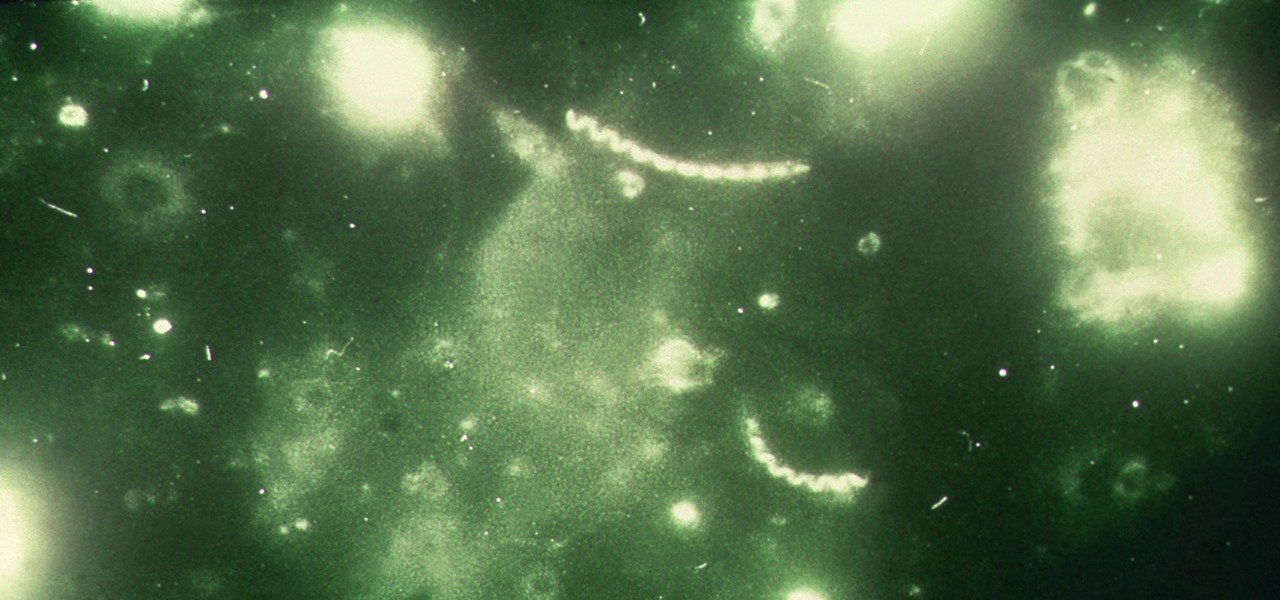
News: Syphilis Has Returned with New Drug Resistance
What do Leo Tolstoy (writer), Beethoven (composer), Paul Gaugin (artist), and Adolf Hitler (politician) have in common? They are all considered to have suffered from the sexually transmitted disease syphilis.

News: Frustrated by Acne? New Research Shows Skin Microbiome Makes a Difference
The squiggly guys in this article's cover image are Propionibacterium acnes. These bacteria live in low-oxygen conditions at the base of hair follicles all over your body. They mind their own business, eating cellular debris and sebum, the oily stuff secreted by sebaceous glands that help keep things moisturized. Everybody has P. acnes bacteria—which are commonly blamed for causing acne—but researchers took a bigger view and discovered P. acnes may also play a part in keeping your skin clear.
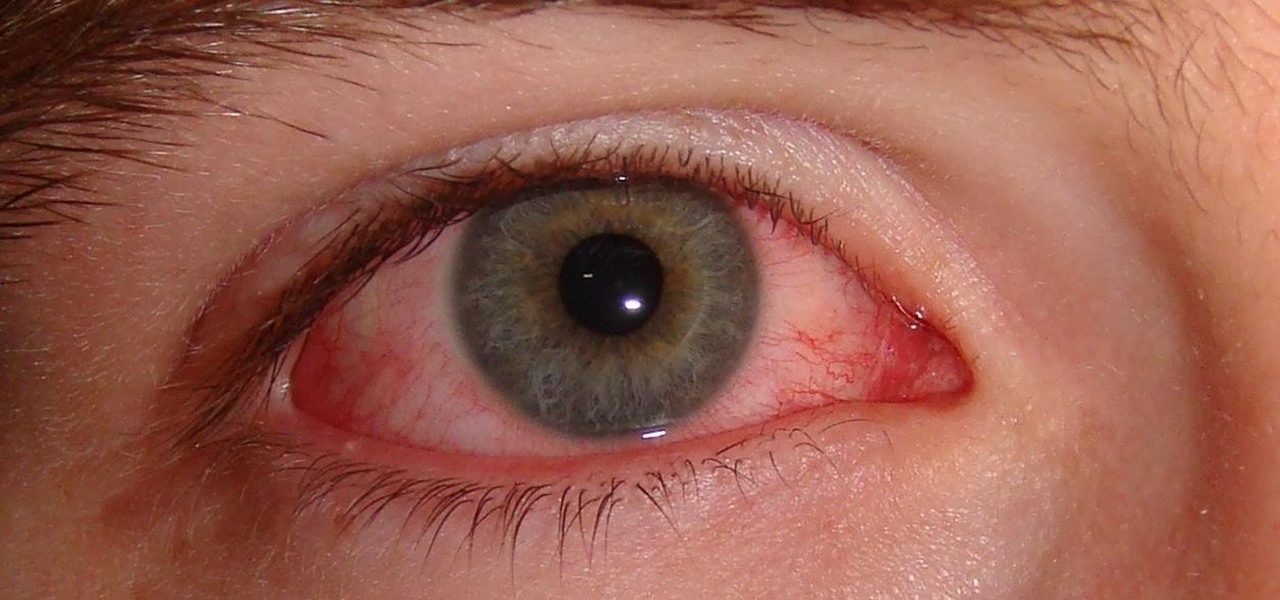
News: You Don't Need Antibiotics for Pink Eye
Crusty, itchy, red eyes? There is a decent chance you could have conjunctivitis, or pink eye, an infection of the thin lining around the eye and the eyelid, caused by bacteria, an allergen, virus, or even your contact lenses. Whatever the cause — you call up your doctor to get a prescription to clear it up, right? Not really.
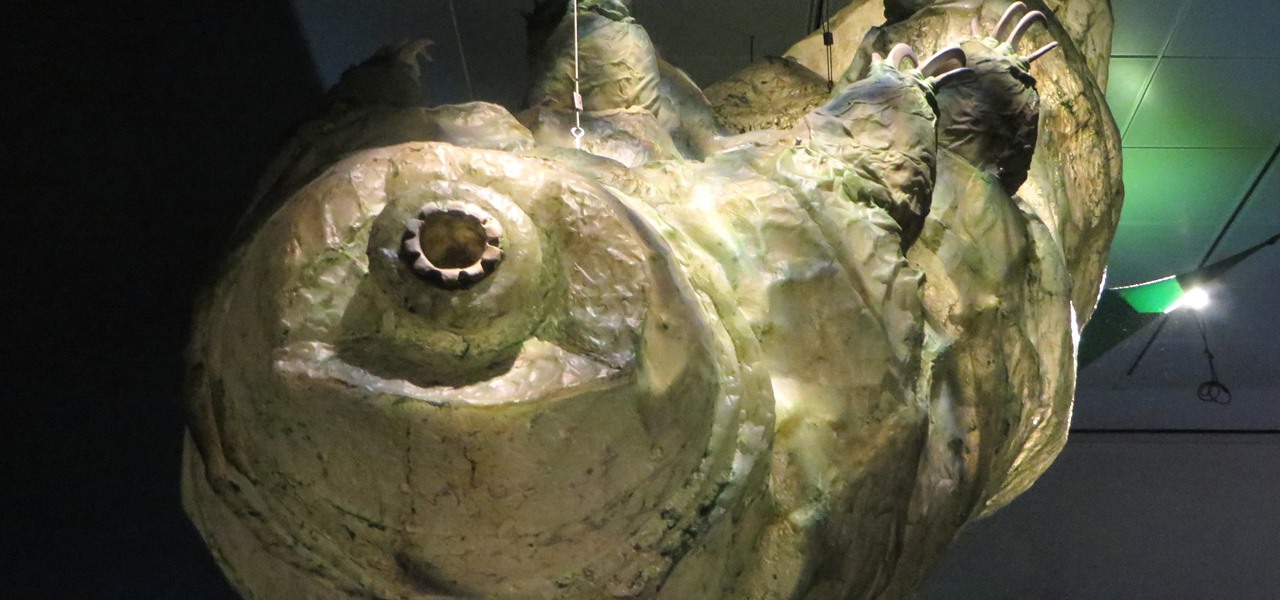
News: Tardigrades Are the Earth's Toughest & Almost-Immortal Animals
Tardigrades are some of the toughest but least well-known creatures on our planet. These tiny animals, also called moss piglets or water bears, are definitely of this earth, but some can boast that they've also traveled to space.

News: Stealthy Bacteria Is Unexpected Cause of UTIs That Keep Coming Back
Most females have had at least one urinary tract infection in their lifetimes. Recurrent UTIs are particularly problematic in young, sexually active women, where about 80% of the infections are caused by the bacteria Escherichia coli, better known as E. coli.
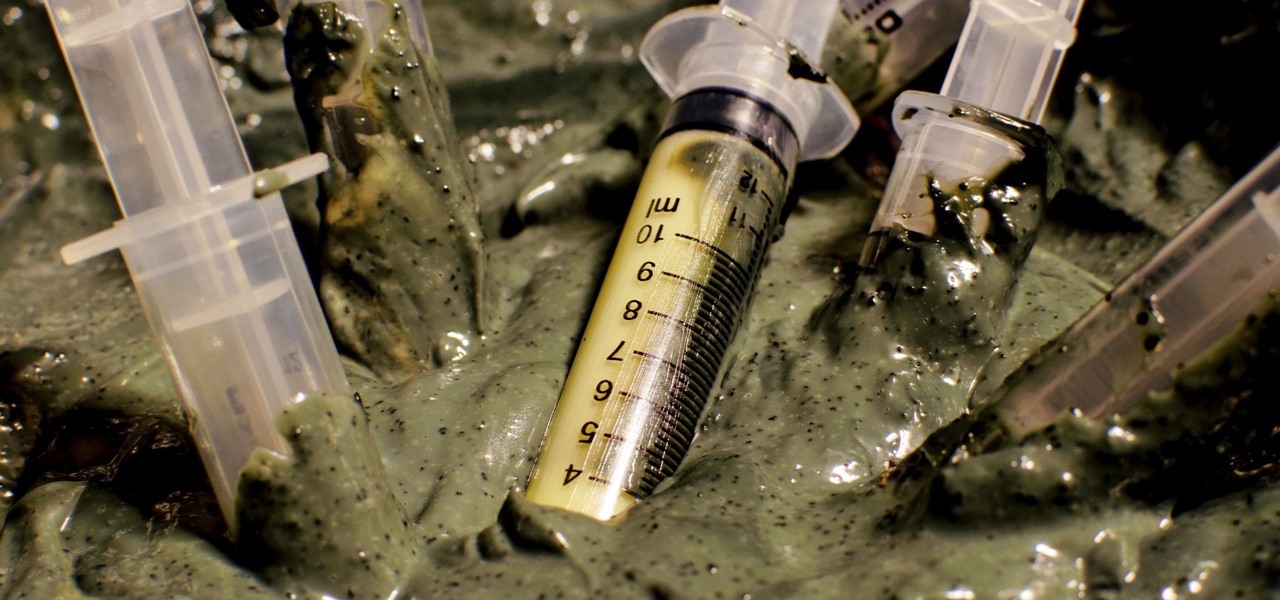
News: Fecal Transplants to Cure Infections — A Modern Take on a 1,700-Year-Old Idea
Bacteriotherapy sounds a lot more amenable of a term than "fecal transplant," yet they're both treatments that use bacteria itself to cure or treat infections. Fecal transplants, specifically, are an up-and-coming treatment option for a potentially deadly and difficult-to-treat diarrheal infection called Clostridium difficile.

News: What to Do if You Think Your Child Has Lyme Disease
Primarily caused by the bacteria Borrelia burgdorferi, Lyme disease is the most common tickborne disease in the US. By all predictions, 2017 is expected to be a banner tick year in several regions. If you have children, it is important to know what to expect.

News: Monthly Injection Has Potential to Replace Daily Handfuls of HIV Drugs
People infected with HIV take many different types of pills every day to decrease the amount of virus in their body, live a longer and healthier life, and to help prevent them from infecting others. That could all be in the past as new clinical trials testing the safety and effectiveness of a new type of treatment — injections given every four or eight weeks — look to be equally effective at keeping the virus at bay.
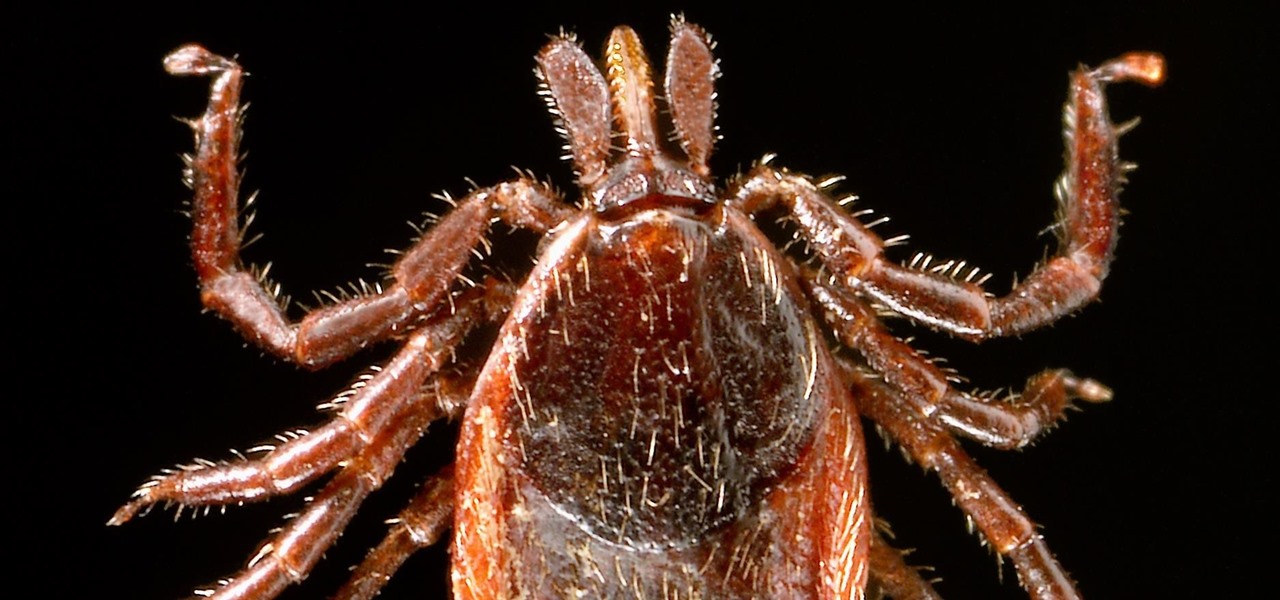
Tick-Borne Terror: Anaplasmosis — Symptoms, Sources & Risks
If you know that ticks spread Lyme disease, you may already know you might also catch a bunch of other infections from them. One of the lesser-known diseases spread by ticks is infection with the bacterium Anaplasma phagocytophilium, called anaplasmosis.
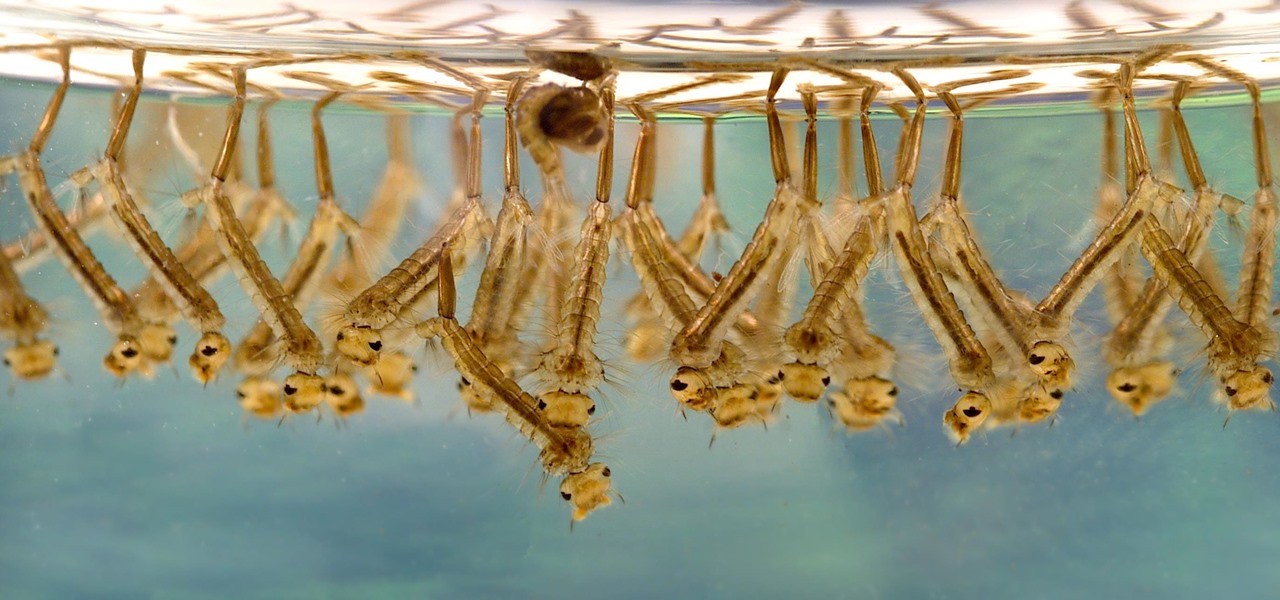
News: How to Know if You Have West Nile Virus
When just floating peacefully in the water with their brood mates, the Culex mosquito larvae in the image above does not look very frightening. But in their adult form, they are the prime vector for spreading West Nile virus — a sometimes mild, sometimes fatal disease.

News: How Gut Bacteria Could Set Off the Immune System in Rheumatoid Arthritis
As if the swollen, painful joints of rheumatoid arthritis weren't enough, the disease is the result of our immune system turning against cells of our own body. Ever since this realization, scientists have worked to find the trigger that sets the immune system off. Scientists believe that gut bacteria may have a role in initiating the abnormal immune response. Now, a team of researchers from Boston has figured out how that might occur.

News: Vaccine Can Prevent Bad Cholesterol from Accumulating in Blood Vessels, Potentially Prevent Heart Attacks
Heart disease is the leading cause of death of men and women in the US. Over half a million Americans die from it annually. Atherosclerosis — a build up of plaque in the arteries — is a common feature of heart disease and can be caused by smoking, fats and cholesterol in the blood, diabetes, and high blood pressure.

News: The Problem with Farmed Fish — Their Food Is Spreading Antibiotic Resistance
As the fish farming industry struggles to become more environmentally friendly, it just gained another problem. Fish food loaded with antibiotic-resistant genes.

News: Organic or Not, Your Produce Is Loaded with Bacteria, Inside & Out
We know that healthcare-related facilities can be fertile ground for antibiotic-resistant bacteria, but recent research suggests your produce aisle might be too.
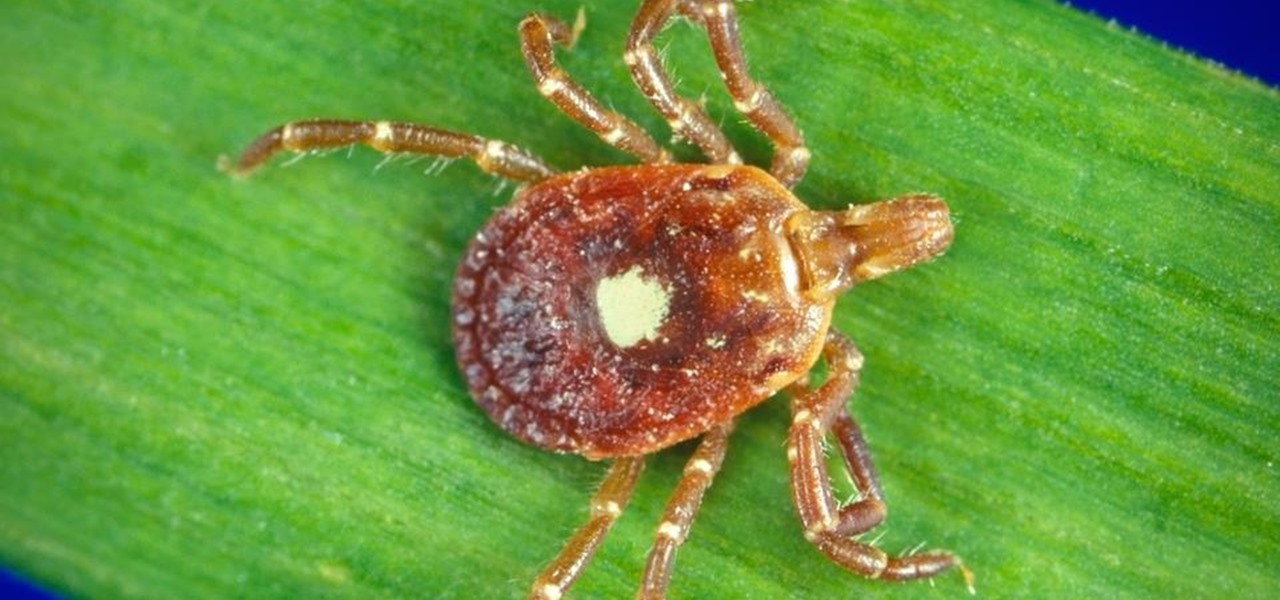
News: Lone Star Tick Arrives in Northeast with a Deadly, Underreported Infection
The possibility of severe tickborne illness is increasing as an aggressive tick from the American southeast moves up the Atlantic Coast.
